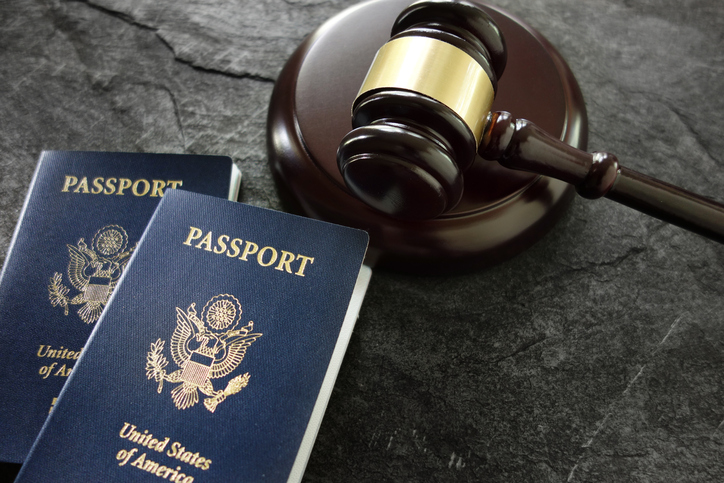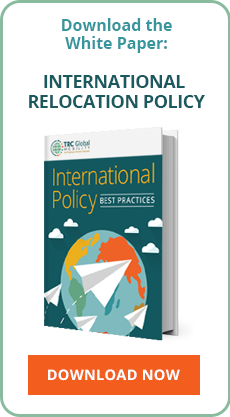

Arlington, VA— On June 26, the U.S. Supreme Court issued an unsigned order to allow the implementation of parts of an executive order signed by President Trump to temporarily suspend foreign nationals from six countries from entering the U.S. Based on the facts of the case, the Court formed a distinction between nationals who have “a bona fide relationship with a person or entity in the United States” and all other foreign nationals. The Court upheld the suspension of the ban for foreign nationals who have such a relationship, including individuals employed by a company in the U.S.
In its order, the Court did not rule on the legality of the executive order and stated the Court will hear arguments when it convenes for the October Term 2017. In the meantime, the Trump Administration may suspend from entering the U.S. those foreign nationals from Iran, Libya, Somalia, Sudan, Syria and Yemen who do not have a relationship with a person or entity in the U.S. The suspension may also apply to the admission of refugees from the six countries.
The President issued the revised Executive Order (No. 13780), Protecting the Nation From Foreign Terrorist Entry Into the United States, on March 6 in response to courts halting implementation of his initial Executive Order (No. 13769) on the travel suspension. In his revised order, the President made several changes to the initial order including exempting green card holders. Both orders had an effective period of 90 days for foreign nationals and 120 days for refugees. The Administration could put the partial suspension into place beginning on June 29.
Key Reference for the Workforce Mobility Industry
While the revised executive order had exempted foreign nationals with green cards and visas, the Supreme Court order cites as an example the travel suspension should not apply to those foreign nationals who have “accepted an offer of employment by a U.S. company.”





